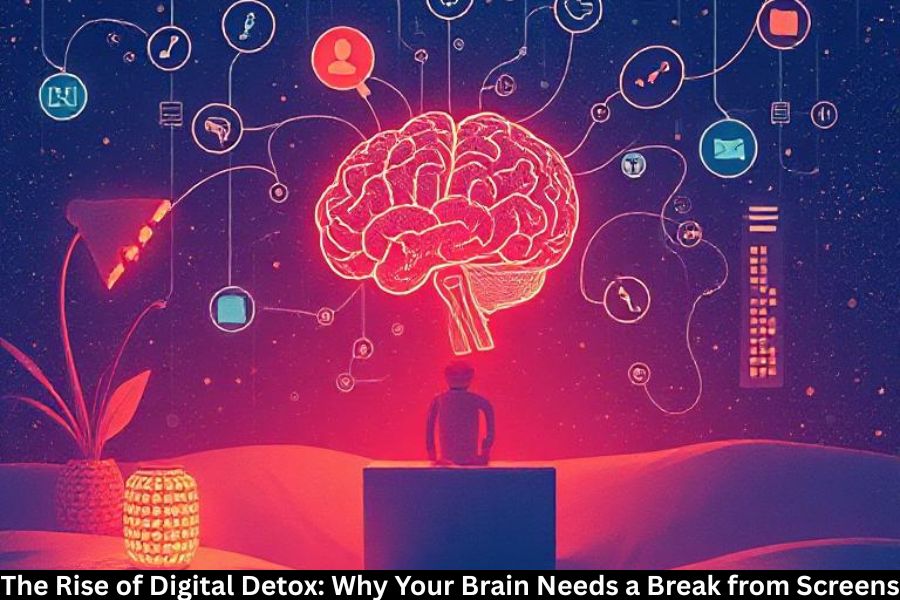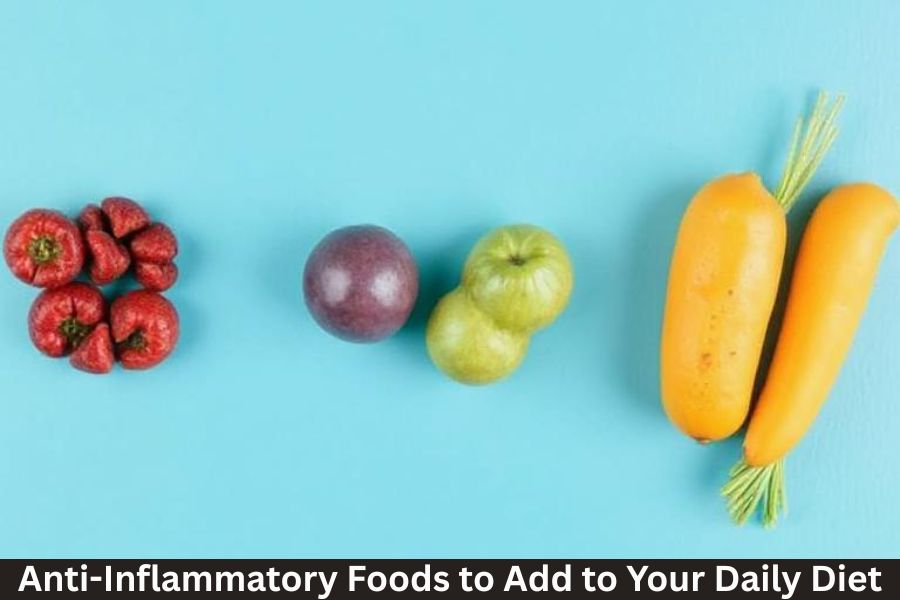In the world of health and nutrition, intermittent fasting (IF) has become a buzzword—celebrated by fitness enthusiasts, nutritionists, and even celebrities. But unlike fad diets that come and go, intermittent fasting is rooted in centuries of tradition and backed by modern science.
If you’re new to IF and curious about how it works, what benefits it offers, and how to get started safely, this beginner-friendly guide breaks it all down for you.
What Is Intermittent Fasting?
Intermittent fasting is not about what you eat, but when you eat. It involves cycling between periods of eating and fasting—allowing your body time to rest, repair, and reset.
Unlike traditional calorie-restrictive diets, IF focuses more on timing, making it more flexible and sustainable for many people.
Popular Intermittent Fasting Methods
1. 16/8 Method
Fast for 16 hours, eat within an 8-hour window (e.g., noon to 8 PM). One of the most popular and easiest to follow.
2. 5:2 Diet
Eat normally for 5 days a week, and consume around 500–600 calories on the other 2 non-consecutive days.
3. Eat-Stop-Eat
Involves 24-hour fasting once or twice a week.
4. Alternate-Day Fasting
You fast every other day or consume very few calories on fasting days.
5. Early Time-Restricted Feeding (eTRF)
Eating earlier in the day (e.g., 8 AM to 4 PM) and fasting for the rest.
How Intermittent Fasting Works (The Science)
When you fast, your body goes through several biological processes:
- Insulin levels drop, helping the body access stored fat for energy.
- Human Growth Hormone (HGH) increases, supporting fat loss and muscle gain.
- Cellular repair processes are activated, including autophagy, where your body cleans out damaged cells.
- Gene expression changes, promoting longevity and disease protection.
Top Health Benefits of Intermittent Fasting
1. Supports Weight Loss
By naturally reducing calorie intake and improving metabolic function, IF can help burn fat and promote weight loss.
2. Improves Insulin Sensitivity
IF may lower blood sugar and reduce insulin resistance, helping prevent type 2 diabetes.
3. Boosts Brain Health
Fasting stimulates the production of BDNF (Brain-Derived Neurotrophic Factor) and may protect against neurodegenerative diseases like Alzheimer’s.
4. Enhances Heart Health
Studies show improvements in blood pressure, cholesterol levels, triglycerides, and inflammatory markers.
5. Promotes Longevity
Animal studies show that intermittent fasting extends lifespan and enhances cellular repair processes.
Is Intermittent Fasting Safe for Everyone?
While generally safe, intermittent fasting isn’t for everyone. You should avoid or consult a doctor before starting IF if you:
- Are pregnant or breastfeeding
- Have a history of eating disorders
- Take medications that affect blood sugar
- Have chronic illnesses like diabetes or low blood pressure
Tips for Getting Started with Intermittent Fasting
1. Start Slowly
Begin with a 12/12 fasting window and gradually work your way to 14/10 or 16/8.
2. Stay Hydrated
Drink water, black coffee, or herbal tea during fasting hours to stay energized.
3. Focus on Nutrient-Dense Meals
When you do eat, choose whole foods—lean proteins, vegetables, healthy fats, and complex carbs.
4. Stay Active (But Listen to Your Body)
Light exercise like walking or stretching can enhance fat burning, but don’t overdo it, especially in the beginning.
5. Practice Mindfulness
Pay attention to real hunger cues vs. emotional or habitual eating.
Common Myths About Intermittent Fasting
Myth 1: Fasting slows metabolism
Not true. Short-term fasting can boost metabolism by increasing norepinephrine levels.
Myth 2: You’ll lose muscle
Not if you consume enough protein and maintain regular resistance training.
Myth 3: You must fast every day
Flexibility is key. Even 3–4 days a week of fasting can offer benefits.
FAQs
Q1: Can I drink coffee while fasting?
Yes, black coffee is fine and may even enhance fat burning.
Q2: What breaks a fast?
Anything with calories. Stick to water, black coffee, and unsweetened tea during fasting hours.
Q3: Will I feel tired or weak?
At first, maybe. But most people report increased energy and focus once their body adjusts.
Q4: Is intermittent fasting better than calorie counting?
It depends on your lifestyle. IF can feel more natural and less restrictive for many.
Q5: Can I do intermittent fasting forever?
Yes, many people make it a long-term lifestyle because of its flexibility and benefits.



